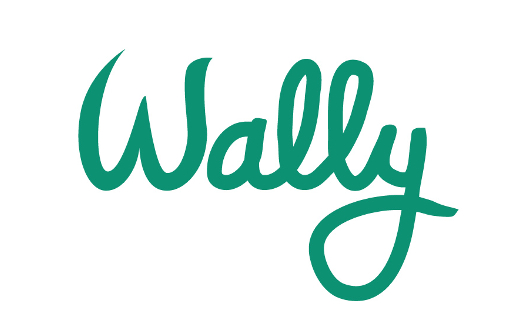What Makes A Good Mobile User Experience? A Look at Personal Finance App Wally


Designing a good user experience for mobile can be tricky. But have
you ever downloaded a mobile app and just fallen in love with it,
even if you can’t pinpoint exactly why? I have a few up my sleeve;
the latest is Wally, a personal finance app that lets you keep track
of and manage your expenses.
I’m not reviewing the app itself in detail. I’m just looking at the user experience, showing Wally’s clever use of some UX tricks and seeing where it falls short.
 What I Love:
What I Love:
- The number one rule in any app: don’t force the
user to register before giving them a taste of your
product. Wally does give you a taste of what’s coming; 6
screens explaining what it’s about.
- I am the type of person who skips tutorials and start using
applications directly. I do that for one reason, if I
can’t figure out how it works intuitively, it’s not worth my
time. A simple tap on Wally and you’re ready to
go.
- Even though I skipped the brief intro/tutorial, pop ups were
all around, guiding me through the app in
a non-intrusive way.
- The app has a relevant mobile
functionality that makes it more enjoyable: the
receipt scanner (instascan) is very useful.
- A fundamental mobile feature of the
app is the geotagging of the entries. You scan a receipt or add an
entry (with predefined or custom categories) and the app gives you
the option to input the location (using foursquare’s API). Here’s
the twist, Wally “learns” about your location and next time you
scan a receipt or crunch in an entry it will suggest that location
the next time you are there. Conversely, if you choose the location
before the explaining what it is you’re tagging, the app
automatically tags it with the relevant category!
- Do you make purchases online? Wally gives you the ability to
tag online stores instead of merely physical
locations.
- The app supports different currencies and it
reminds you of conversions gently.
- It’s not just another finance application, it has a
purpose. But what really stands out is the “Aspects”
feature; you are spending money, but why are you spending it? Is it
for business? Personal use? Family? The app gives you an overview
of your spending and where your money is going so you learn about
where your money goes and optimize your expenditures for what
really matters.
- This point is not too relevant, but every time I look at its mobile icon, the W, gives me a hint of an Arabic familiarity, which I personally enjoy.
What I’m Not too Fond of:
- Some of the functionalities are just too small to
control (it’s a personal observation and in no way
represents everyone’s experience, but I do hope they did their
usability tests to come up with the best approach).
- As I skip the intro, I still couldn’t start using the app unless I fill in my email and some personal information. Why? The app clearly states that I don’t need to register, but forces me to submit an email to move forward.
 My Wish List:
My Wish List:
To enhance the overall user experience, I recommend a few solutions in no particular order:
- Recurring payments: Some payments are done on
a monthly basis, rent, car loan, etc. It would be nice to add that
option.
- Salary/income input: Asking for an automatic
integration of the internet banking and credit cards with the app
might be a stretch due to the draconian banking laws in some parts
of the Middle East. But one good addition could be to allow users
to manually add their source of income, to make the financials more
streamlined and accurate.
- A web interface would be helpful to view your
finances on a bigger screen later.
- An Arabic version is a must.
Verdict:
I am in love with this application. It’s their first release but already it’s beautiful, easy to use, and a little birdy told me to expect some more cool features soon. If you haven’t tried it yet, give it a spin, it’s free and can be found here.


